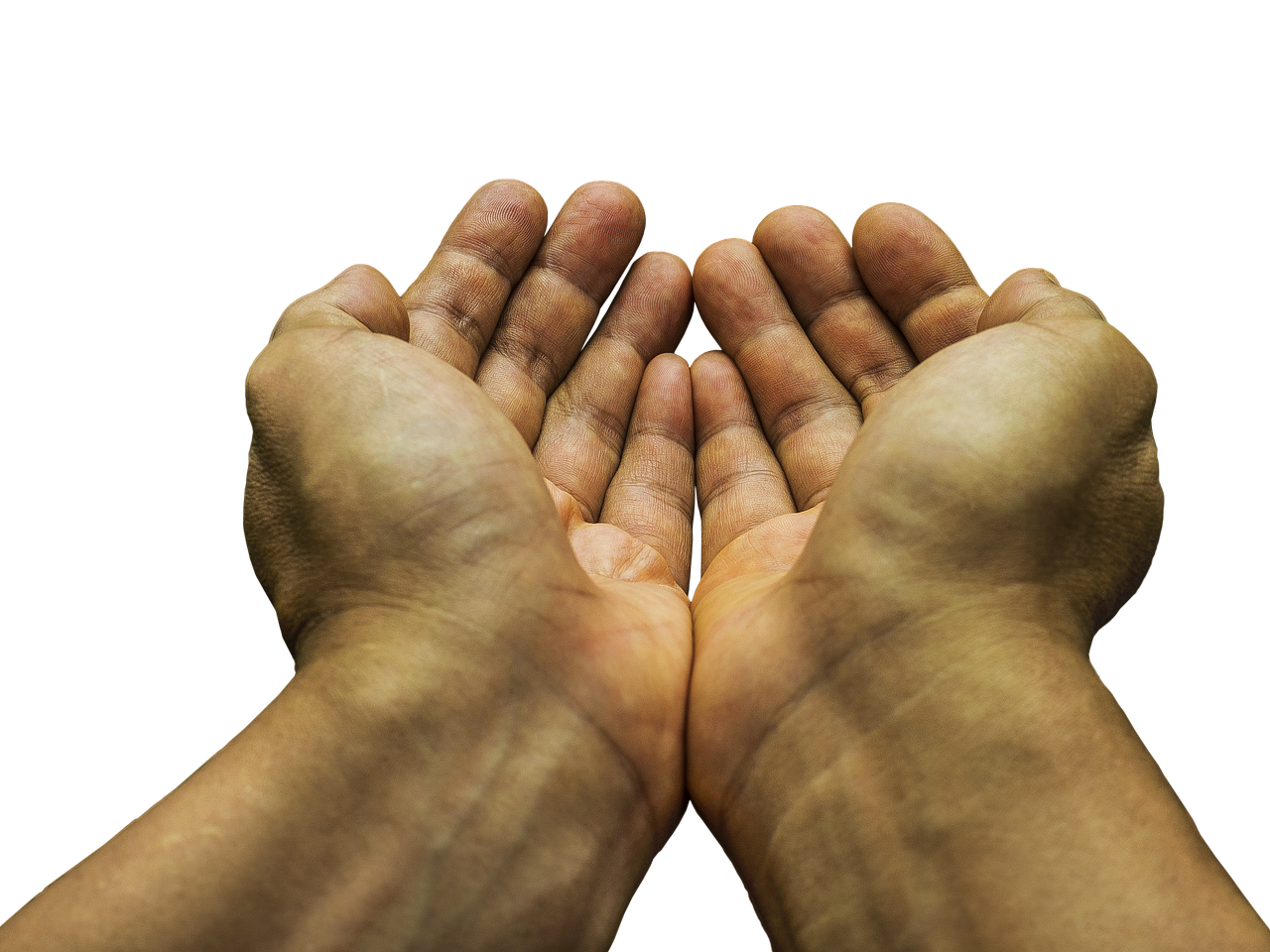Reflecting on Band Aid: Four Decades of Controversy and Change
As the iconic charity single “Do They Know It’s Christmas?” returns for its 40th anniversary, it reignites a complex conversation about representation, charity, and the evolving narrative around Africa. Originally recorded in 1984 by a collective of British and Irish musicians in response to the Ethiopian famine, the song not only raised significant funds but also sparked a dialogue about how Africa has been portrayed in Western media.
The Impact and Critique of Band Aid
The release of Band Aid’s single and the subsequent Live Aid concert were pivotal moments in celebrity philanthropy. However, critiques have intensified over the years regarding its portrayal of Africa. Critics argue that lyrics like “where nothing ever grows; no rain nor rivers flow” perpetuate damaging stereotypes about a continent rich in culture and resilience.
Dawit Giorgis, who was instrumental in communicating Ethiopia’s plight during the famine, expressed his frustration with the initial message conveyed by the song. He emphasized that Ethiopia’s Christian heritage predates that of England, illustrating a disconnect between the portrayal and reality.
Despite this criticism, Giorgis acknowledges that the philanthropic response to the BBC’s coverage did save lives. His reflections highlight a common theme among those who appreciate the aid while questioning its accompanying narratives.
A Shift in Perspectives
In recent years, artists like Ed Sheeran have voiced concerns about their contributions to Band Aid projects. Sheeran noted a shift in his understanding of African narratives, expressing discomfort with lyrics that imply a lack of joy or peace on the continent. Similarly, British-Ghanaian rapper Fuse ODG criticized Band Aid for painting Africa with a broad brush while ignoring its diverse realities.
Fuse ODG highlighted how such portrayals affected his own identity growing up in Britain. He argued that charity campaigns often depict Africans as victims rather than as individuals capable of agency and resilience.
Experts also point to changes within humanitarian organizations that are increasingly focusing on humanizing individuals affected by crises rather than framing them solely as victims. This shift reflects a growing awareness of how imagery can influence perceptions and attitudes toward Africa.
A Forward-Looking Perspective
As discussions around Band Aid continue, many advocate for a new approach to fundraising and representation. Some suggest future initiatives should center African artists to authentically express their narratives. As Dr. Ademolu from King’s College remarks, it may be time to “start anew,” allowing Africa to co-author its own story rather than being merely the subject of external narratives.
With ongoing debates about representation in humanitarian efforts, one thing is clear: as our understanding evolves, so too must our approach to storytelling and support for those facing hardship across the globe.
For more updates related to African stories and insights, visit BBCAfrica.com.


